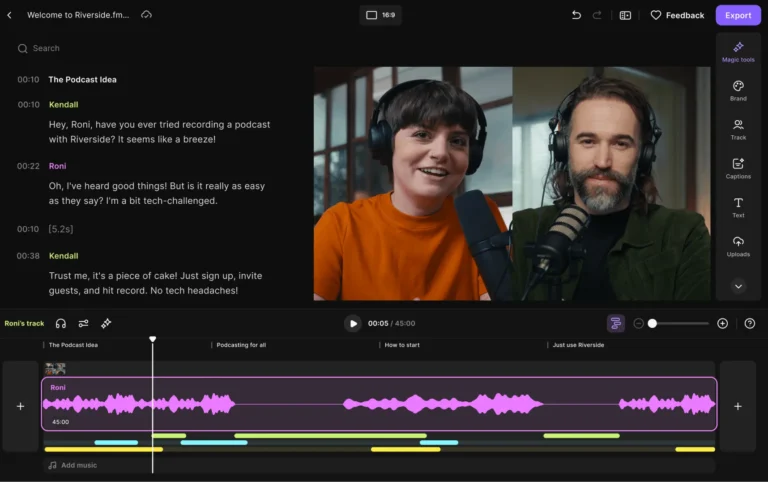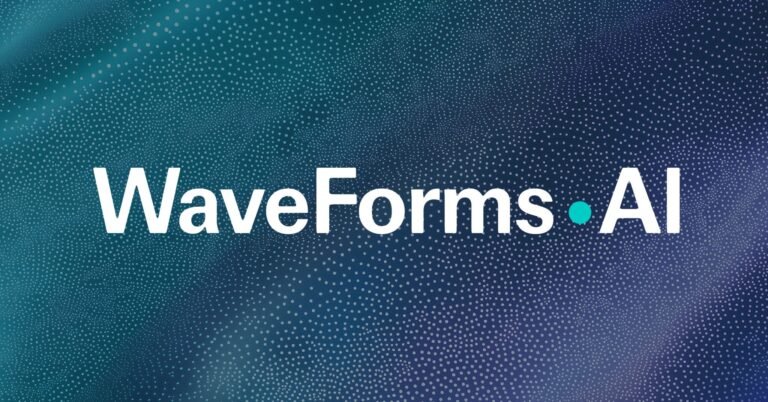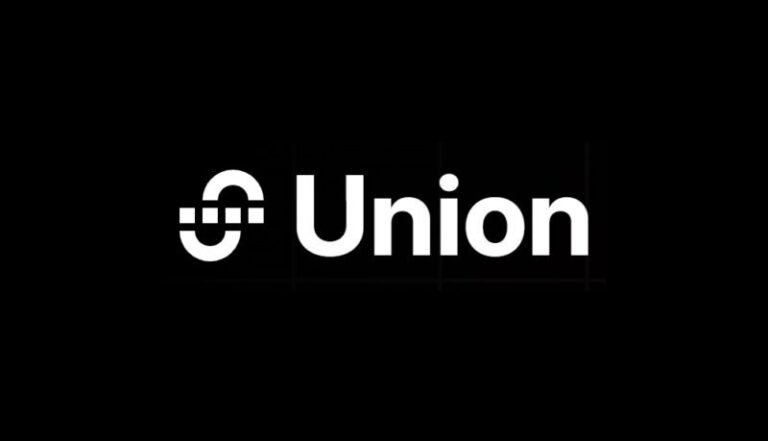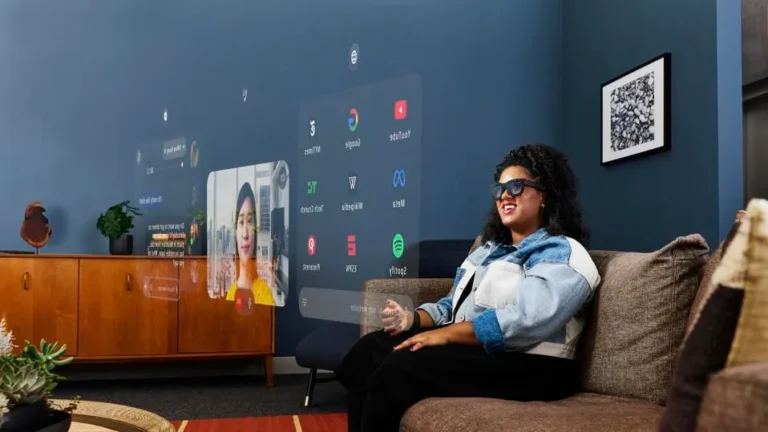Trending post
The online, complimentary course is offered by OpenAI, makers of the popular chatbot, ChatGPT. Specifically designed to help teachers in K-12 classrooms apply artificial intelligence (AI) into those classrooms, the course is a result of collaboration between OpenAI and the non-profit educational media firm Common Sense Media due to an increasing interest from the education front regarding the utilization of AI tools.

The nine-module curriculum, approximately one hour to finish, gives teachers information about the basics of AI and how tools like ChatGPT can help for lesson preparation, student motivation, and interactive workshops.
Although OpenAI has launched its initiative in hundreds of schools across the United States, from Arizona and California to charter schools like Challenger Schools, its reaction has not been well received. For every teacher who views the course as a valuable tool for embracing AI’s potential in education, there are others who are skeptical about its risks and limitations. Some educators have raised concerns about the ethical implications of using AI in the classroom, pointing out that OpenAI’s approach to training teachers on ChatGPT may gloss over important issues, such as privacy, data usage, and AI bias.

OpenAI’s Efforts to Introduce AI to Teachers
OpenAI presents a new course for instructors to get up to speed on the realities and potential applications of AI in teaching. From the basics of generative AI to practical recommendations on how to put AI-powered tools into teaching practice, this course covers all of that. According to OpenAI, an impressive 98% of completing educators reported having taken away valuable ideas directly applicable to their teaching methods.
Schools across the country are facing new opportunities and challenges as AI is reshaping education,” says Robbie Torney, senior director of AI programs at Common Sense Media. “We are taking a proactive approach to support and educate teachers on the front lines and prepare for this transformation with the course.
The forward-thinking approach aims to prepare educators with the knowledge and tools they will need to keep up with the rising tide of AI in classrooms, whether personal learning experiences, the development of lesson plans, or even management of classroom tasks. ChatGPT might help teachers come up with ideas for lesson plans, elaborate on complex concepts, or give feedback on students’ assignments.
Although there have been positive evaluations coming from some teachers, others have expressed outrage over the material involved in this course, specifically about the rather shallow dealing with important ethical questions AI raises.
Educators’ Concerns Regarding Ethical Matters of AI
Not all educators are sold on the idea of using ChatGPT and other AI tools in the classroom. Some argue that the technology is not yet ready for widespread educational use, especially without clear guidelines on data protection, privacy, and the ethical risks of AI. Lance Warwick, a sports lecturer at the University of Illinois Urbana-Champaign, is particularly concerned that OpenAI’s course does not provide a sufficient examination of these issues.
Warwick points to the internal contradictions in the course. At one place, OpenAI recommends using past assignment feedback to create new prompts; elsewhere it advises teachers not to enter any student data into AI tools because of privacy issues. Warwick believes that these recommendations are confusing and contradictory and thus undermine the credibility of the course.
Another concern was raised by Sin á Tres Souhaits, who is a visual artist and an educator at the University of Arizona, about the fact that OpenAI will control the content created by teachers through the platform. According to Tres Souhaits, the course does not provide information on how OpenAI would use or sell stored educational materials produced through its AI tools. With AI-generated content becoming more prevalent in the instruction process, educators are getting concerned about how their intellectual property will be used by the tech corporations, especially in case terms of service change in the future.
OpenAI has said that it sells no user data, and users maintain ownership over the outputs they generate, but Tres Souhaits is skeptical about the long-term intentions of the company. He drew an analogy between the confusion over AI in education and the initial stages of cryptocurrencies, where the prospect of innovation got lost amidst concerns for regulation and abuse.
Deterrents to Regulating AI in Education
As AI tools become increasingly ubiquitous in education, concerns about privacy, security, and equity are building. For example, just last year UNESCO, the United Nations Educational, Scientific and Cultural Organization, asked for stronger regulations on AI in education, including limits on data collection, user privacy, and even restrictions on AI users’ age. However, progress on these regulatory efforts has been slow, and there is still a lack of clear policy on the best practices for integrating AI in schools.
Tres Souhaits also criticized OpenAI’s course for promoting its own technology while largely ignoring other AI tools. He argues that by focusing solely on ChatGPT, the course reinforces “the dominance of OpenAI within the AI space, and builds an environment for one company to have an outsized role in direction-setting within AI development in education,” as he calls it. He adds, this “tech-opoly” may result in monopolistic behavior in the education sphere as teachers and students rely on a single company’s AI systems.
Mixed Reactions on the Roles AI Can Play in Education
Despite the alarming concerns from some educators, many others are optimsitic about the roles that AI can play in enhancing education. Former classroom teacher Josh Prieur is now product director at Prodigy Education and believes that if used wisely and responsibly, AI will be of great benefit to teachers. He conceded that there are risks; for example, AI could encourage plagiarism or reduce the human element in learning. Still, education is essential to overcome fears about AI.
Prieur went on to say that the potential applications of AI in the classroom can be carefully curated to be those that support, rather than replace, human interaction. He also observed that it is no longer a question of “if” but rather “when” AI will envelop education; therefore, educators need to prepare themselves to understand how AI can complement their teaching practices while minimizing the associated risks.
Despite the surging interest in AI, however, adoption has been relatively slow. A Pew Research Center survey found that one-quarter of public K-12 teachers said AI tools do more harm than good, and a separate Rand Corporation study found that only 18% of K-12 educators have used AI in their classrooms. Educators’ reluctance to embrace AI in full may be attributed to concerns ranging from the effectiveness of technology to greater worries about data privacy and taking control away from teachers from the class.
The Future of AI in Education
As OpenAI expands its reach into schools, it has to fight an uphill battle to convince educators and policymakers that AI can help them move forward. The company has already taken a giant step forward as a former Coursera executive now leads its education division, and it has developed ChatGPT Edu for universities. However, these would certainly encounter resistance, especially if educators keep on doubting the benefits of AI and its ethical implications.
Meanwhile, the market in AI for education is projected to be $88.2 billion, which could further grow in the next decade. As AI continues to evolve and find its appropriate places in schools, educators and developers of the technology will have an ever-evolving dialogue in which these tools are responsibly used ethically, placing front and center students’ privacy and the type of learning which is human-centered.
While some are hesitant to see AI in the classroom, others are cautiously optimistic. The debate is definitely not settled, however, as AI tools such as ChatGPT continue to become more integral to education, it will be necessary to weigh innovation with the ethical, privacy, and pedagogical concerns that exist.
source : techcrunch
















Pingback: Chinese Lab DeepSeek Unveils Reasoning AI Model That Competes With OpenAI’s O1
Pingback: Messenger Introduces New Features For Easier, More Fun Calling Experience